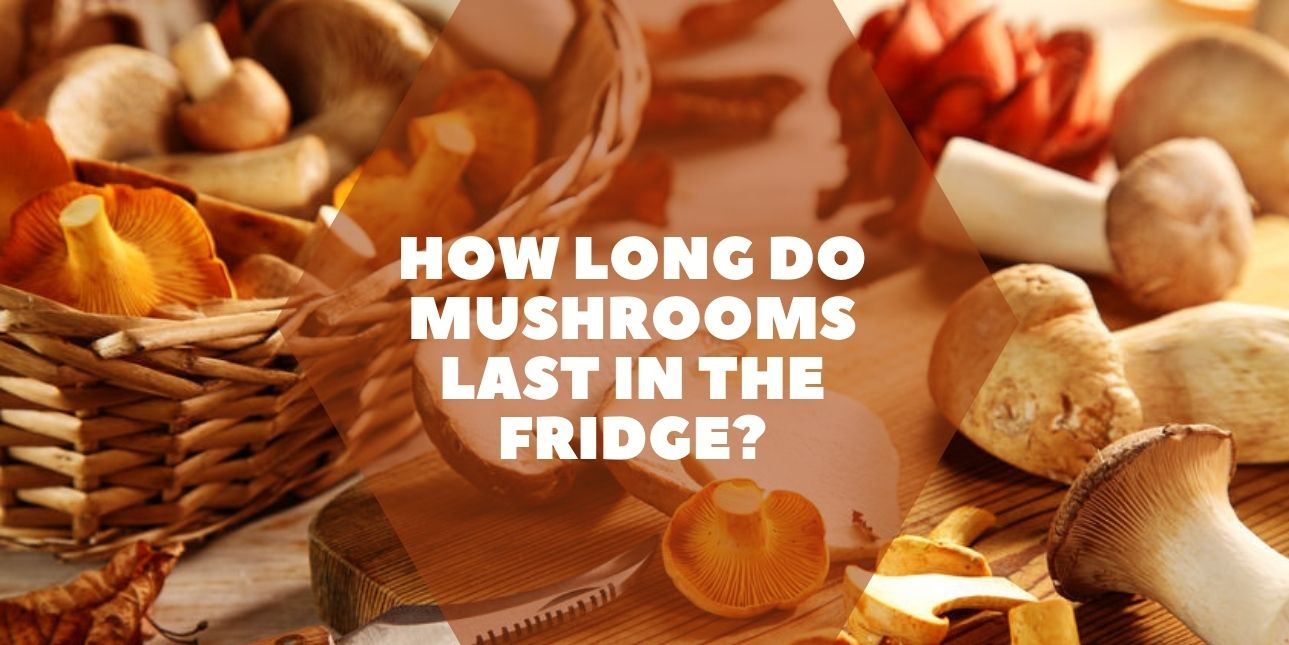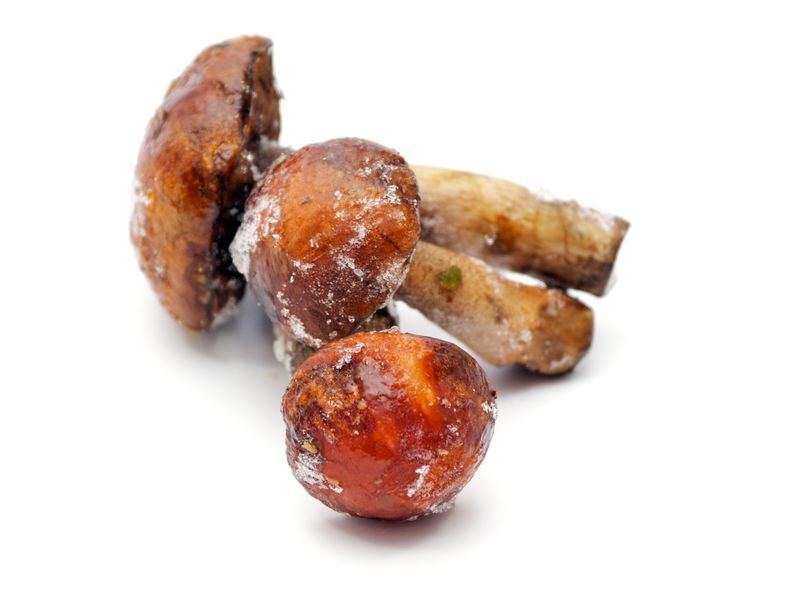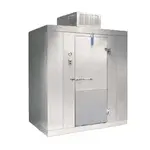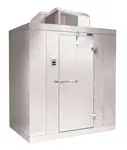Mushrooms are a versatile food and can be used in a combination of several recipes. Due to their high water content and high absorbability, mushrooms soak up flavor and spices, giving your dishes a rich taste and a chewy texture. You can add them to a variety of dishes such as soup, salads, sandwiches, burgers, pasta, pizza toppings, or as sides. However, mushrooms are rather delicate in storage and go bad when stored incorrectly. If you’ve ever wondered how to store mushrooms or how long mushrooms last in the fridge, you’re at the right place. Read on as we discuss the best mushroom storage solutions to help you keep them fresh.
Storing Mushrooms
It’s best to use mushrooms while they’re still fresh. Mushrooms contain large quantities of water and have to be used up within a certain amount of time before they deteriorate. If you’ve been wondering how long do mushrooms last in the fridge, this period is about a week. The water content and firm texture of the mushrooms require them to be in constant contact with fresh air, this is the reason packaged mushrooms come in boxes/ wraps with holes for ventilation. Here are a few tips and tricks on storing mushrooms and retaining their freshness:
Storing Mushrooms in the Fridge
Refrigerators are ideal for storing mushrooms for a short period. Here’s how:
● Paper Bags: You can use paper bags to store mushrooms as they soak up any moisture present on the surface. Be sure not to wash the mushrooms before putting them in the bag as this would make them soggy and cause them to become unpalatable.
● Use the Original Packaging: Store-bought mushrooms come with special plastic wrap with perforations. These help the mushrooms stay in contact with the air within the refrigerator and retains freshness. The packaging also helps hold the firmness and texture of the mushrooms without exposing them to excessively cold temperatures.
● Avoid storage With Aromatic Foods: Mushrooms are extremely absorbent due to their structure and texture. They can imbibe scents, flavors, and liquids easily. This would mean your mushrooms would begin smelling of other foods in case you store them right next to other items in your fridge. Mushrooms with an odd taste and aroma can tamper with the flavor of the dish you’re cooking. Make sure you organize your fridge, and freezer well for optimal space utilization, and hassle-free food storage.
● Use a Ziploc: If you’ve been considering storing mushrooms in the fridge but have already discarded the store-bought package, you can always wrap the mushrooms in paper towels and place them in a Ziploc. However, we recommend you keep the Ziploc open to allow circulating air to keep them fresh.
● Make an Aerated Container: If you don’t have the store-bought package or a Ziploc, you can always make your own container for storing mushrooms. Place the mushrooms in a dry plate or a bowl, and spread saran wrap over the rim. Be sure to poke holes into the sheet to allow aeration of the mushrooms.
● Avoid Stacking Things over Mushrooms: It’s important to know that in mushroom storage, stacking things on top of mushrooms is a big no-no. Mushrooms are soft, delicate and can become bruised when placed under heavier objects. This damages their texture and makes them aesthetically displeasing when you’re using them.
● Use the General Compartment: Using produce areas of the fridge is not recommended when storing mushrooms as these areas are far too moist. Storage in these drawers will cause the mushrooms to become moldy and unusable. The general compartment of your fridge is ideal for mushroom storage.
Freezing Mushrooms
If you want to store mushrooms for periods longer than a week, or if you’re running a commercial establishment, the ideal choice would be to freeze mushrooms. Here’s how you can store mushrooms in a freezer:
● Plan Batch-wise Freezing: In case you have large loads of mushrooms coming in, split them into batches. Set aside the quantity you’ll be using within the week in a regular refrigerator following the guidelines mentioned earlier. The remainder can be stored in a freezer or a walk-in combination box, provided you run a commercial food establishment.
● Start Early: It’s important to avoid freezing mushrooms during the latter half of their shelf lives. By this period, most of the enzymes would’ve begun breaking them down, causing them to deteriorate in texture and firmness. Be sure to begin storing mushrooms in the freezer as early as possible.
● Cook before Freezing: Throwing mushrooms into a pot and cooking them will cause all enzymes to be denatured and broken down. This prevents their deterioration and allows them to be frozen and stored without additional concerns. Post cooking, you can freeze them and thaw them out as and when needed.
Desiccate Mushrooms
If you’ve been wondering how to store mushrooms in the absence of a freezer or without sufficient storage space in your fridge, you can always choose to desiccate and dry out your mushrooms. Convection ovens set at low heat can be a great choice when drying out mushrooms. If your establishment has a food dehydrator, these devices can be used to desiccate mushrooms as well. Dried mushrooms last long, and owing to their structure, can be returned to their former orientation by rehydrating them before use. Dried and desiccated mushrooms can also be used in several dishes as an additive as is.
You needn’t worry about how long mushrooms last in the fridge, provided you know the means of doing it the right way. You can use your fridge, freezer, or your oven to help you with storage. Mushrooms are extremely nutritious, flavorful, and a perfect inclusion to various dishes. To make them taste right, keep in mind that you need to store them right.









